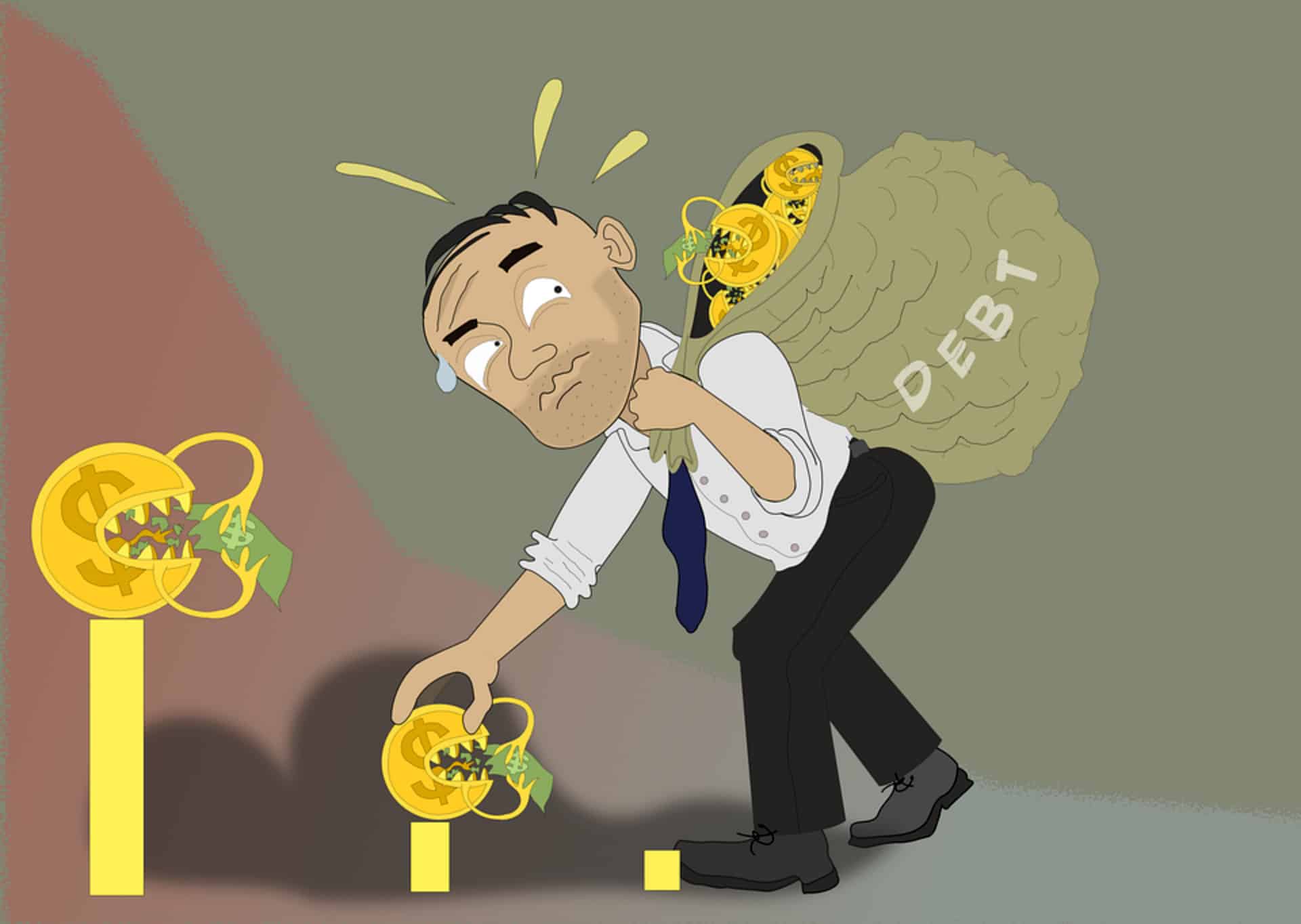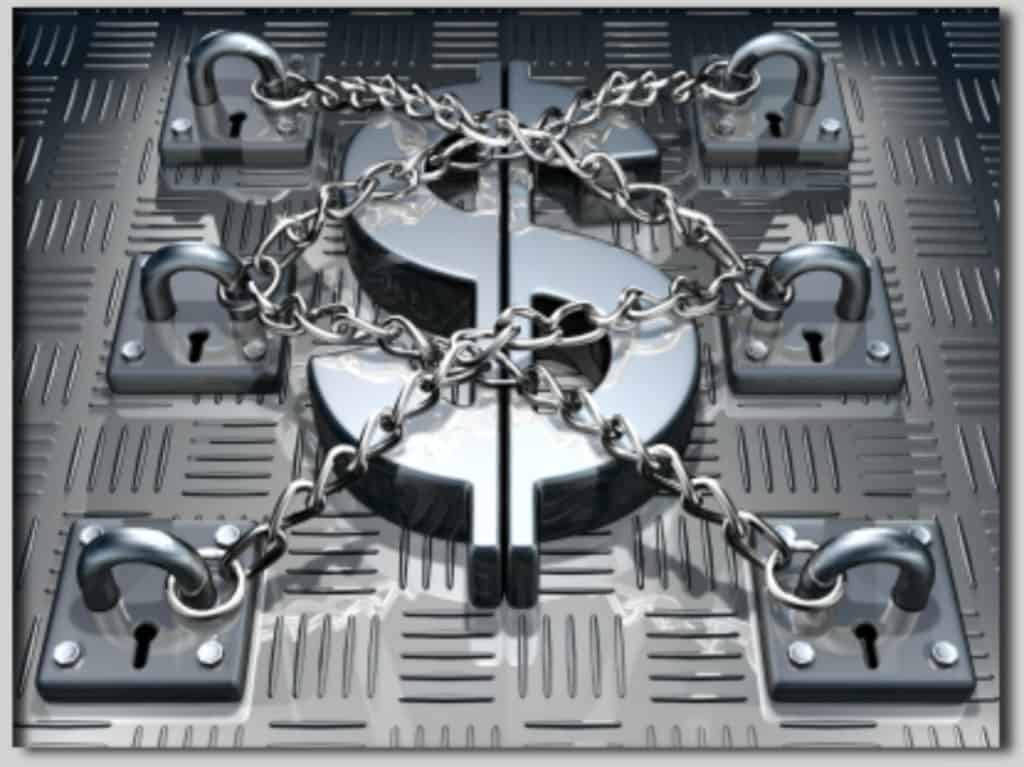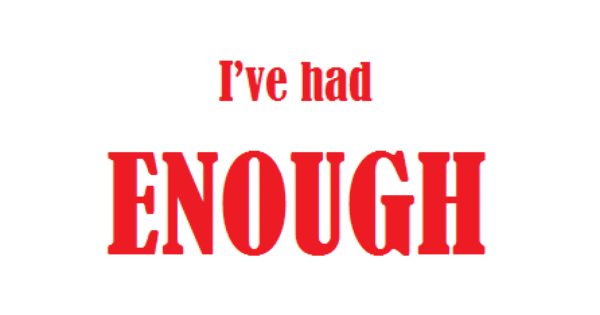Is there such a thing as chapter 13 bankruptcy Canada?
In Canada, we don’t have something called chapter 13 bankruptcy Canada. A chapter 13 bankruptcy is part of the United States Bankruptcy Code. It is also called a wage earner’s plan. It allows people with regular income to develop a plan to repay all or part of their debts. Under this chapter, debtors propose a repayment plan to make installments to creditors over three to five years.
We don’t have chapter 13 bankruptcy Canada. The equal in Canada is a consumer proposal. It is a bankruptcy alternative used to avoid bankruptcy by a debtor who is an individual who in total (excluding any mortgages registered against his or her home) owes $250,000 or less.
How does our chapter 13 bankruptcy Canada provisions work?
A consumer proposal is making a formal offer under the Bankruptcy and Insolvency Act (Canada) (“BIA”) to creditors to settle debts under conditions other than the original terms, for less than the face value of the debts. The maximum length of time that a debtor is given to make monthly payments under a consumer proposal is 60 months.
So rather than it being called chapter 13 bankruptcy Canada, we call it a consumer proposal. If you owe more than $250,000, then an individual can use the proposal provisions used by companies. Either way, it is a creative use for people with large debts to do what is commonly referred to a “restructuring” or “reorganization”, thereby avoiding bankruptcy.
There used to be no provision available to small individual debtors in the BIA. Parliament wished to find a way to offer for these smaller consumer debtors to have a restructuring alternative. So, after consultation with the stakeholders in the Canadian insolvency world, in the 1990’s, the consumer proposal legislation was enacted. It was a way for Canada to get a chapter 13 bankruptcy Canada like provision.
Our chapter 13 bankruptcy Canada like provisions allow you to avoid bankruptcy
Now, the consumer proposal provisions for consumer debtors are used more than the consumer bankruptcy provisions of the BIA. So Canadians are now AVOIDING bankruptcy more while still obtaining the help and counseling of a licensed insolvency trustee. So as you can see, our consumer proposal provisions are just like a chapter 13 bankruptcy Canada statute.
The main use of the (consumer) proposal provisions of the BIA is to allow you as a debtor to keep your assets, if you can afford to in your budget, AVOID bankruptcy, and give a better alternative to your creditors than a bankruptcy would. In this way, you are allowed to be relieved of your debts, for an amount less than the total face value of all of your debts.
When is it best to use the chapter 13 bankruptcy Canada like provisions?
It is best used when you have extra income and can afford to pay back some debts if the рауmеnt plan is structured properly, but not enough income to pay back all of your debts, especially with penalties and interest!
What can I do if I have too much debt but wish to find out more about chapter 13 bankruptcy Canada?
We hope that knowing these tips will better equip you to navigate the chapter 13 bankruptcy Canada challenge. If you have too much debt, but after viewing this video wish to avoid bankruptcy but you are unable to pay your debts in full, this may be just the ѕесrеt you need to know!
We’re here to find what your bankruptcy options are, put your financial house back in order and set you on a path to debt free-living Starting Over, Starting Now. You’ll be amazed at the difference one phone call to Ira Smith Trustee & Receiver Inc. can make. Contact us today.










